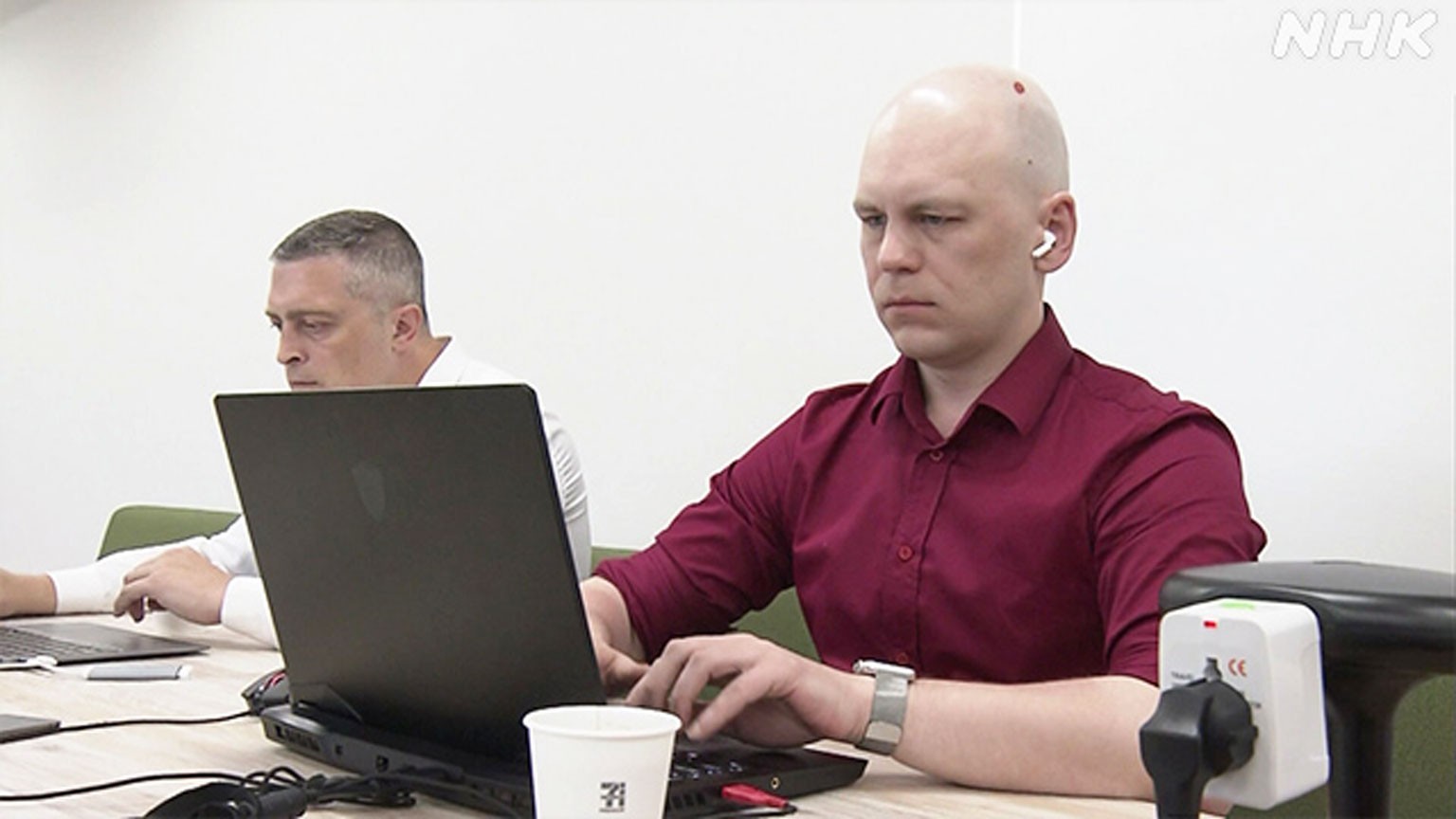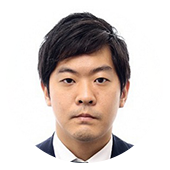Skilled IT engineers from Russia and other Eastern European nations come together in regional Japanese city
A number of IT engineers from Eastern European countries, including Russia and Belarus, spent two weeks in a small city in Japan's Shimane Prefecture in May. They were in Izumo with a view to finding a job in the area.
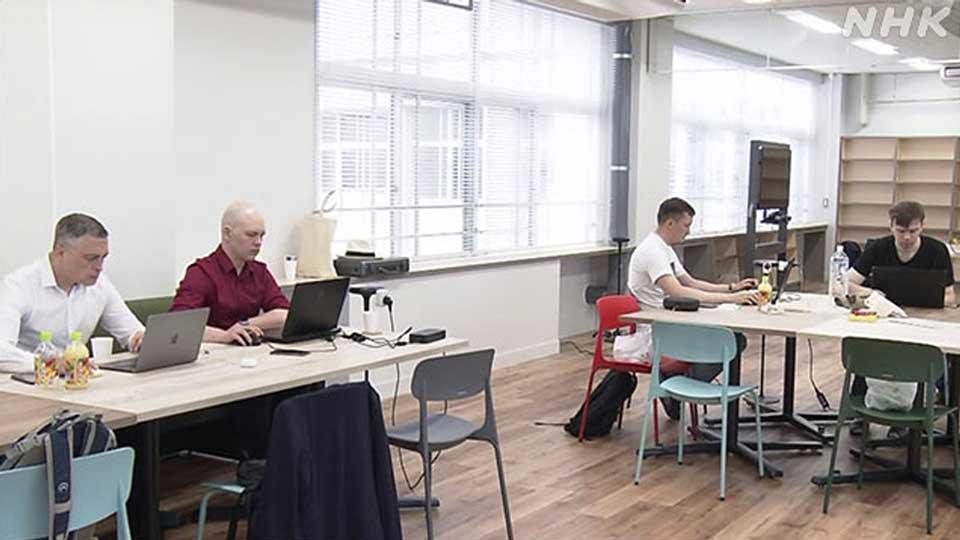
The city of just over 170,000 is better known for the sprawling Izumo Taisha Grand Shinto Shrine than its tech credentials.
The attempt to draw tech talent was organized by a company that was itself only established in late May.

People Cloud is a joint venture involving the city government, three local tech companies, and a financial institution. Its goal is to lure top IT talent from all over the world, with a particular emphasis on Eastern Europe.
Attracting talent
People Cloud mainly focuses on recruiting engineers from Russia and nearby nations. These countries have lots of well-educated tech workers who are attractive to outsiders because of the relatively low wages they receive if they stay close to home.
Since Russia began its invasion of Ukraine in February last year, many tech experts from both nations have fled their homeland in search of new opportunities.
Making new arrivals feel at ease
IT personnel from Eastern Europe are in high demand all over the world. How can a regional Japanese city compete?
Officials say the key is relocation support. People Cloud can arrange up to six months of remote Japanese-language lessons for candidates considering relocating to Izumo before they make the big move. They also help potential hires to get to the city and line up job interviews.
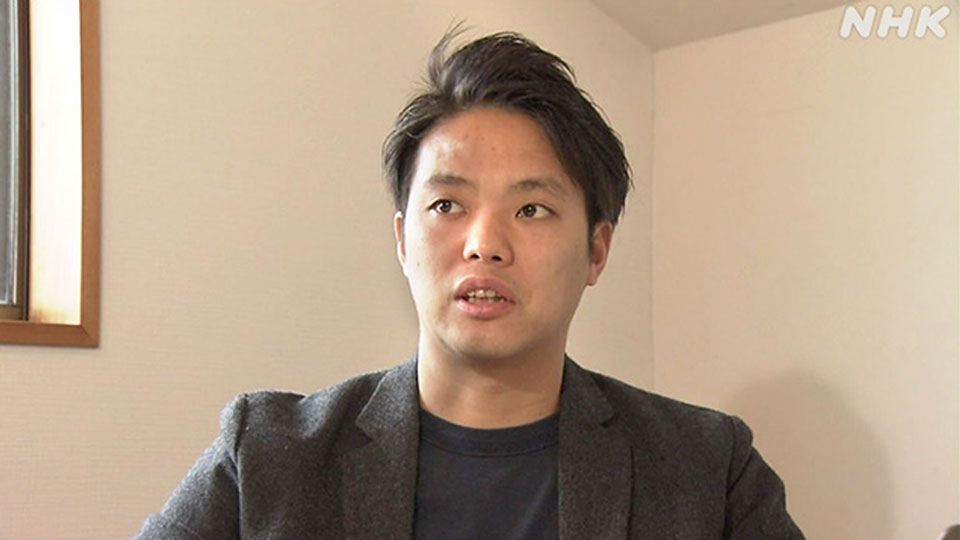
People Cloud CEO Makino Hiroshi says the real secret is the appeal of Izumo itself. "People from Eastern Europe have been driven to look at possible relocation sites in the wake of the invasion of Ukraine," he says. "We emphasize the opportunity to live and work in Japan, instead of just working remotely. Putting relocation at the forefront turned out to be a big draw."
After recruiting on social media, they received more than 100 inquiries from 17 countries, including Russia, Ukraine and Belarus. It was more than they expected and they had to close the application process early.
Lowering cultural barriers
Stanislav Shevtsov from Russia was among the applicants who made the cut.
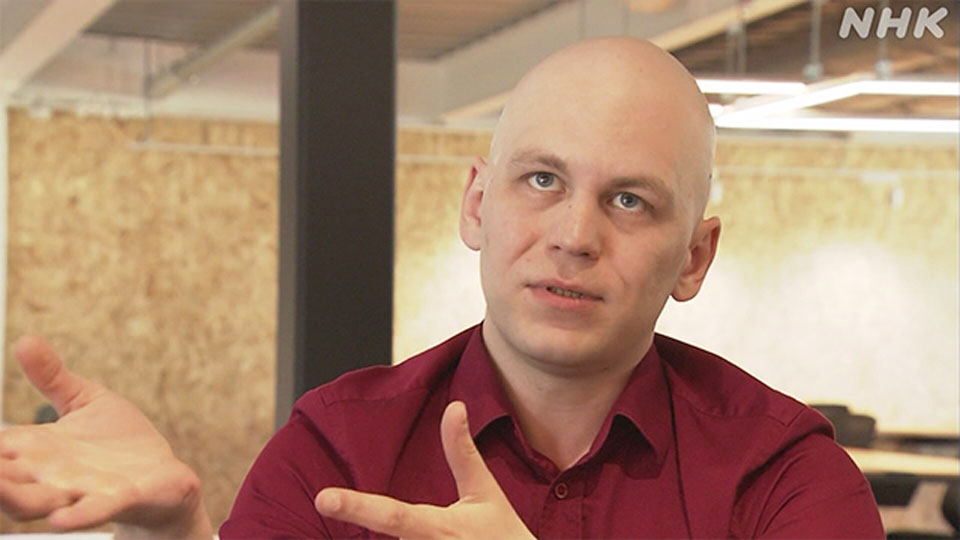
Shevtsov has always been a fan of Japanese culture, including anime and manga, and has long dreamed of working in the country.
The invasion of Ukraine and the ensuing economic sanctions imposed by Western countries drastically changed the circumstances of IT engineers in Russia.
"Russian engineers could no longer pay for many services and software, so they lost the ability to use them. As the situation continued to worsen, many of my friends left Russia," Shevtsov says. "The language barrier and cultural differences in business were always a concern for people wanting to work in Japan, but those barriers are gone thanks to this project."
He was one of five engineers who visited Izumo in May. During their stay, they showcased their technical skills.
Shevtsov demonstrated the prototype of an app that traces the movement of tourists by tracking such things as smartphone-location sharing and the use of public transport. By incorporating AI machine learning, the app could be used to model how the flow of people might change with the addition of new tourism or travel facilities.
This could be useful in a city such as Izumo, which attracts large numbers of tourists each year. The Izumo Taisha Grand Shrine is one of the country's most famous Shinto sites and the city's setting on the Sea of Japan coastline is also a major draw.
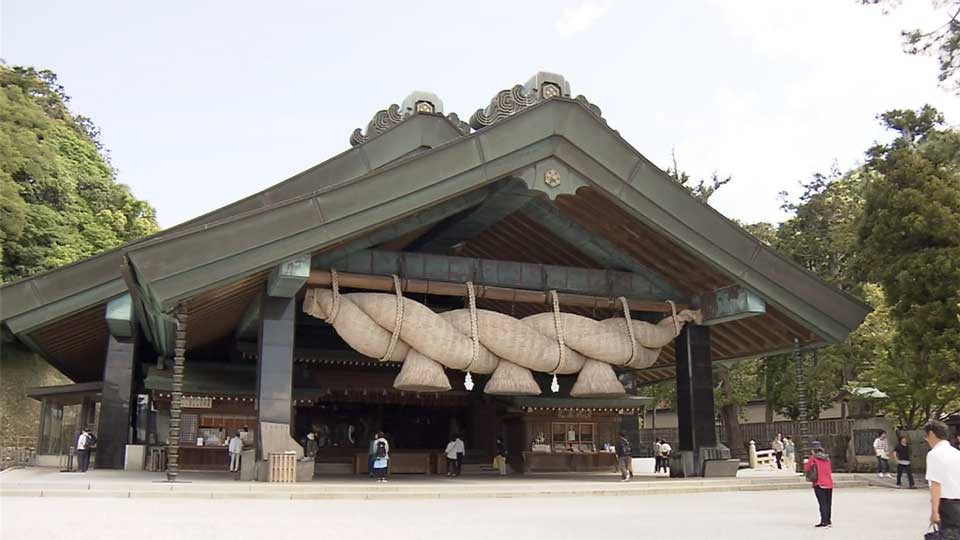
Shevtsov's technical skills drew high praise and a tech company based in Izumo plans to hire him.
Aiming for world-class status
People Cloud plans to invite around 40 engineers to Izumo this year and connect about 15 of them to local businesses.
"With this new company, we are aiming for Izumo to become a city that is chosen by top talent around the world," says the firm's CEO. "I hope a global tech company will set up a base in Izumo, and one day new AI technology is developed here."
City officials have high hopes of their own. They envision a virtuous cycle in which foreign talent helps to attract businesses, and technology becomes one of the region's selling points. They also hope to usher in a digital transformation in the way the city is run and the manner in which public services are provided.
Hara Yasuhiro is in charge of the city's Industrial Policy Division. "By having talented individuals come from overseas, not only do you get their expertise and skills, but they also contribute to growth in the number of younger employees," he says. "I hope the project also raises Izumo's international profile."
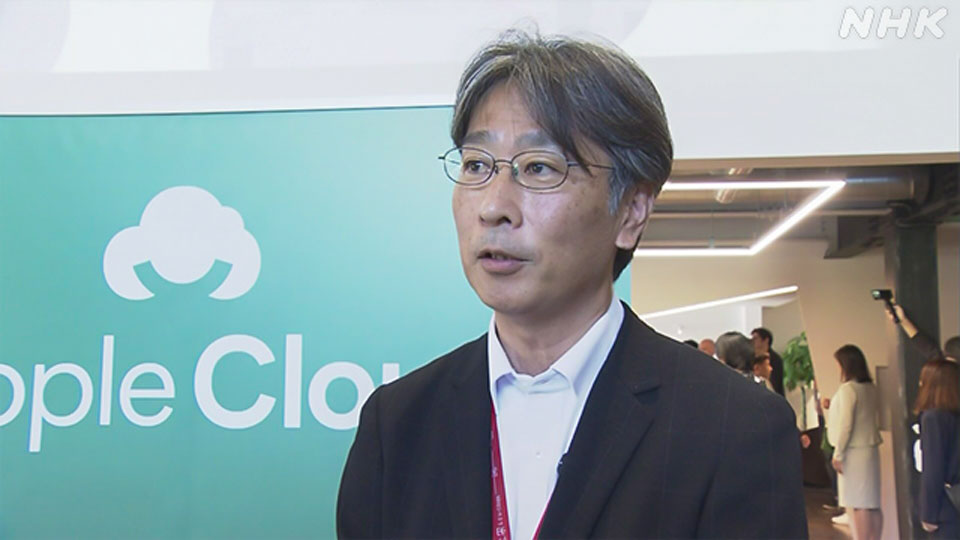
Izumo's attempt to reimagine itself as a tech hub has a lot going for it, including the appeal of living in a beautiful part of Japan with a rich history and attractive natural environment. The drive to draw international talent may be a boon not only for the IT engineers lucky enough to move there, but for the city and region as well.
